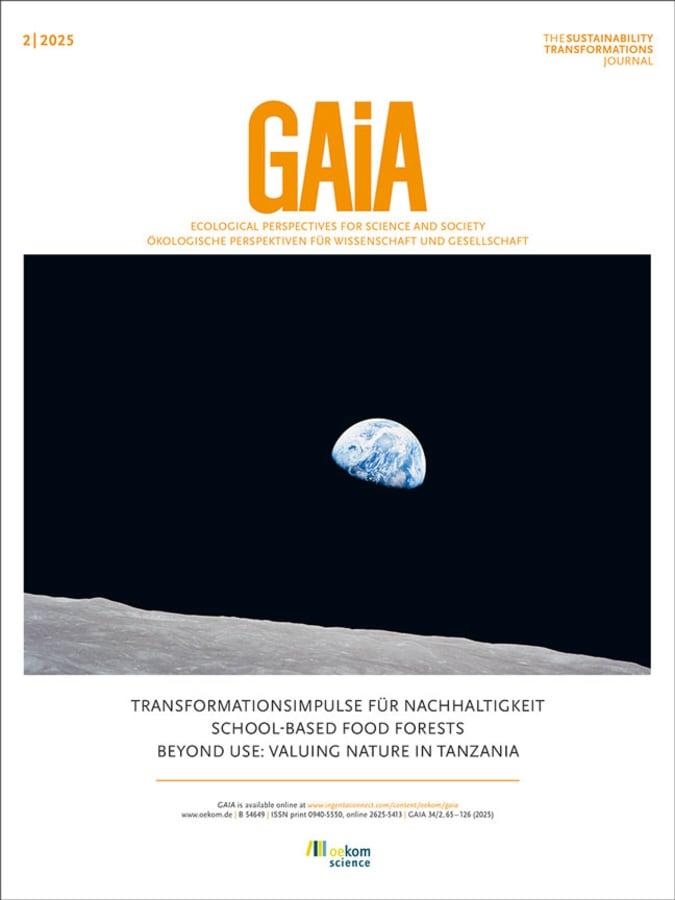Wagner Group’s New Alliance: Recruiting Former Rebels to Cement Power in Southeast Central African Republic
In a significant development amid the ongoing instability in the Central African Republic (CAR), the Russian private military company Wagner Group has reportedly begun enlisting ex-rebel combatants to reinforce its foothold in the conflict-plagued southeastern territories. This alliance signals a deepening complexity within CAR‚Äôs security landscape, raising alarms about regional peace and humanitarian conditions. As violence persists and governance remains fragile, Wagner‚Äôs collaboration with local fighters exemplifies an intensification of conflict dynamics that could further destabilize an already vulnerable population. Africa Intelligence offers a comprehensive examination of this partnership’s motivations and its potential ramifications for both CAR and neighboring states.
Strategic Integration: How Wagner Utilizes Former Rebel Fighters to Expand Influence
The Wagner Group is adapting its operational tactics by incorporating former rebel militants into its ranks, thereby reshaping control over southeastern CAR. This maneuver leverages existing fractures within local power structures forged through years of civil unrest. By recruiting disaffected members from rival armed groups, Wagner not only strengthens its military capacity but also builds a network loyal to its objectives‚ÄĒaimed at countering government forces as well as competing militias.
This recruitment strategy offers several tactical benefits:
- Deep Local Expertise: Ex-rebels bring invaluable knowledge of terrain intricacies and community dynamics essential for effective operations.
- Established Operational Networks: Their pre-existing connections facilitate intelligence gathering, logistical support, and further recruitment efforts.
- Pseudo-Legitimacy: Incorporating local fighters allows Wagner to portray itself as a stabilizing entity rather than an external aggressor, potentially easing tensions with some communities.
The enhanced operational capabilities resulting from this integration may shift power balances among armed factions across southeastern CAR. Such changes carry profound implications not only for Wagner’s ambitions but also for the fragile equilibrium governing regional security arrangements.
The Ripple Effect: Consequences of Former Rebel Recruitment on Regional Stability
The enlistment of ex-rebel combatants by Wagner is significantly altering power relations within affected communities across CAR‚Äôs southeast‚ÄĒa region already marked by fragmented authority and persistent insecurity. By harnessing these fighters‚Äô political influence alongside their military prowess, Wagner creates a potent fusion that risks exacerbating volatility throughout the area.
- MILITARIZATION OF LOCAL GOVERNANCE: The growing presence of armed actors aligned with private mercenaries threatens traditional leadership structures, potentially replacing civilian governance with militarized control mechanisms.
- ELEVATION OF NON-STATE ACTORS: Empowered former rebels may challenge state sovereignty more aggressively, complicating peacebuilding initiatives led by national or international actors.
- POTENTIAL FOR ESCALATED CONFLICTS: The alliance could trigger intensified clashes between rival factions while increasing risks faced by civilians caught amidst crossfire or targeted violence.
This evolving dynamic raises urgent concerns regarding long-term stability prospects in CAR. If former rebels pursue independent agendas under the umbrella of Wagner‚Äôs influence without accountability or integration into formal political processes, cycles of violence are likely to persist or worsen‚ÄĒundermining efforts toward sustainable peace negotiations currently underway in various forums across Central Africa.
Tackling Private Military Expansion: Strategic Recommendations for Global Stakeholders
The surge in private military company (PMC) activities like those conducted by the Wagner Group demands coordinated international responses aimed at curbing their destabilizing impact on Central Africa’s fragile states. To mitigate these threats effectively, global actors should consider implementing multifaceted strategies including:
- Diplomatic Intensification: Strengthen engagement channels between foreign governments, regional bodies such as ECCAS (Economic Community of Central African States), and national authorities to enhance transparency around PMC operations on African soil.
- Create Robust Legal Instruments: Advocate for binding international regulations governing PMC conduct‚ÄĒensuring accountability mechanisms are enforced against violations related to human rights abuses or illicit arms trafficking linked to mercenary groups.
- Cultivate Resilient Local Institutions: Invest in capacity-building programs that empower domestic governance frameworks capable of resisting undue influence from external paramilitary entities like PMCs through improved rule-of-law enforcement and community reconciliation initiatives.
Apart from these measures at policy levels globally and regionally lies critical importance in fostering cooperation among nations focused on intelligence sharing concerning PMC movements within conflict zones such as CAR. Key collaborative actions include:
-
< li >< strong >Enhanced Intelligence Exchange:< / strong > Establish secure platforms facilitating timely information flow about PMC deployments relevant threats.< / li >
< li >< strong >Targeted Sanctions:< / strong > Impose sanctions against individuals/entities involved directly or indirectly supporting unlawful PMC activities.< / li >
< li >< strong >African Union Leadership:< / strong > Encourage proactive AU involvement promoting collective action addressing PMCs’ footprint across member countries.< / li >
< h2 id = "conclusion" > Final Reflections: Navigating Complexities Amidst Rising Mercenary Influence< / h2 >
<
p >The unfolding scenario within the Central African Republic illustrates how non-state armed groups intertwined with foreign mercenaries continue shaping conflict trajectories profoundly affecting civilian populations’ safety and governance legitimacy alike.
The strategic incorporation by Russia-backed entities like the
Wagner Group
‚ÄĒof erstwhile rebel forces underscores shifting paradigms where traditional battle lines blur amid hybrid warfare tactics.
Observers must remain vigilant regarding how this evolving nexus influences broader geopolitical interests tied closely with resource-rich yet politically unstable regions such as southeastern
CAR.
Ultimately,
understanding these developments provides crucial insights necessary not only for policymakers engaged directly but also global audiences invested keenly in fostering durable peace throughout central Africa’s volatile landscapes.







